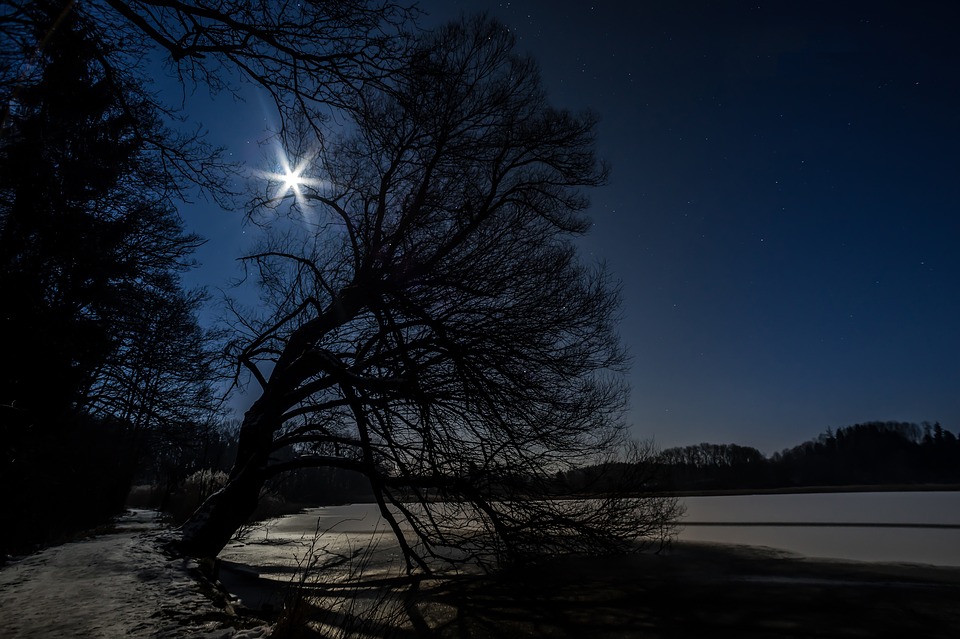It would seem that in chapter 13 v 12 where Lord Krishna says, “param brahman “, the highest brahman, is neither existence nor non-existence, that the door to consciousness development is now closed. From a state of consciousness it is. However, Lord Krishna continues, in chapter 15 v 16 for yet another 5 verse run. Chapter 15 v 16, “There are two “purusau” in the world, the perishable and the imperishable...”
Chapter 15 v 17, “But the highest (uttamas) purusas is another, called param atma (supreme Self). Who entering the three worlds as Isvarah, supports them (the perishable and imperishable).
Wow, we are definitely in deep waters here. We had the perishable and imperishable but now we have Isvarah who appears to be an overlord that supports the previous two.
Chapter 15 v 18, “Since I transcend (atitas) the perishable an am higher than the imperishable... I’m celebrated (prathitas) as purusottamah (the supreme purusa)”.
“Higher than the imperishable”? This is incomprehensible. I mean, think about it. How can one be higher than the imperishable. Like, where is that state? Just feeling into this reality causes one to be completely without foundation. Talk about true non-attachment.
Verses like this can’t simply be thought of. They must be taken into the heart and deeply felt.
Lord Krishna, in the form of Vishnu, Ishvarah (param atma), and now Purusottamah, the ultimate (uttamas) Purusa, is to be known through a perfect blend of mind, heart and soul.
Chapter 15 v 19, “He who, undeluded, unconfused, knows Me, as Purusottamam, he, sarvavit (all-knowing, omniscient, omni-cognizant), bhajati (worships, loves) Me, with sarvabhavena (all, whole, entire being).
Again, as in chapter 13 v 18, a brilliant folding in of a statement of achievement with a compassionate invitation to join Him in a place (loka) which is higher than the imperishable or not existence nor non-existence. A place/state that is incomprehensible nothingness yet simultaneously full, leaving one wanting for nothing. :)
Chapter 15 v 20, “Thus this most secret doctrine has been taught by Me, O Arjuna; having awakened to this, a man should be (syat), buddhiman (wise, enlightened) with all duties fulfilled (krtakrtyas).
Amazing how Lord Krishna takes Arjuna from the highest of spiritual highs in the previous verse to, down-to-earth, in this verse creating linkage and practicality. Useful in this moment. True mastery.
So, from the seemingly impersonal state of param brahman in chapter 13 starting with verse 12 of "not existence nor non-existence" to the very personal state of purusottamah, "higher than the imperishable". I get a sense of initially knowing the Highest then stepping into the Highest. The knowledge in chapter 13 addresses the question of, What am I? While chapter 15 answers the question, Who am I? What vs Who. These are probably the two eternal questions posed by the true seeker. From the standpoint of God it may play out as - once the creation is complete (the what) the creator (the who) steps into their creation.
In someways this can be seen as the journey of the seeker but in a deeper context it’s our inevitable evolution. Where we feel our way, through the avenue of the heart, to a state of oneness with this divine entity, Krishna, Vishnu, Isvarah, Purusottamah and in so doing, step into, realize and become our destiny.
copyright © jim rocca, 2020


